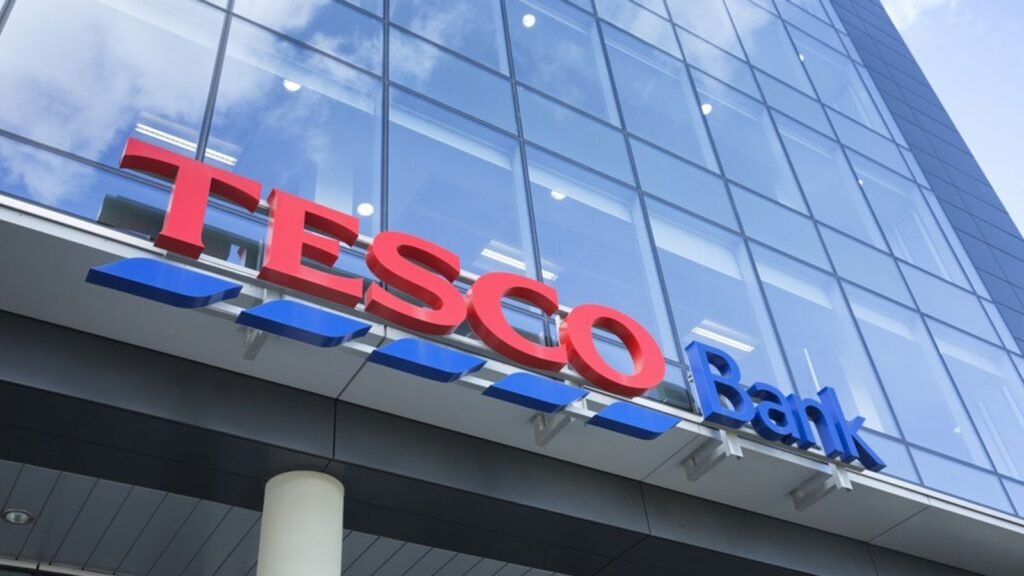Markets are uncertain about tax rises – as pound drops to 18-month low against euro
By Sarah Taaffe-Maguire, business and economics reporter
Following reports that the trailed rise in income tax is to be scrapped, readers may be wondering how the government plans to raise funds instead.
It seems market participants are asking the same question, but no one’s getting a clear answer until the budget on 26 November.
That uncertainty has driven a rise in the cost of government borrowing across the board.
The benchmark government borrowing cost, the interest rate (or ‘yield’) on 10-year loans issued to the state (known as bonds), initially rose to the highest point since mid-October.
As trading continued, that fell back to levels seen at the start of the week, before higher-than-expected unemployment data was released and prompted a fall.
It was a similar story for shorter-term government borrowing costs.
Longer-term borrowing, however, has remained elevated, currently at a high last seen in late October.
Having been on a downward trend since the summer, the pound continued its fall.
Blow for holidaymakers
For the first time since April 2023, a pound buys €1.12. That means buying euro goods is more expensive as a pound goes less far than before. As the trading day wore on that ticked back up to €1.13.
It’s bad news for travellers to one of the 20 euro-using countries, good news for UK exporters whose goods are now slightly more competitive.
Against the dollar, a pound buys roughly the same number of dollars as throughout this week – $1.31, having briefly been worth $1.32 yesterday evening.
Perhaps most notable is the 1.3% drop in the UK’s benchmark stock index, the FTSE 100, the index of most valuable companies on the London Stock Exchange.
While the percentage is small, it’s a large movement for a stock index and wipes out all the new record highs reached over the last week.
The larger FTSE 250 index, comprised of more companies based in the UK, had a similar fall of 1.26%.
AI bubble
Remember we said US trader Michael Burry, played by Christian Bale in the Hollywood film The Big Short, bet the AI bubble would burst?
Looks like he’s so disillusioned with high stock market valuations, he’s shutting up shop entirely.
Burry, who became famous for his pre-financial crash bet against the housing market, has announced the closure of his hedge fund, Scion Asset Management.
He had bet that major beneficiaries of the rush to invest in artificial intelligence (AI), tech companies Palantir and Nvidia, would see a fall in their share price after massive rises in the past year.
His criticism of these valuations, which have boosted the US’s major stock indexes, was reiterated.
“My estimation of value in securities is not now, and has not been for some time, in sync with the markets,” his letter to investors read.
It’s not the first time Scion has been closed and it has, of course, reopened.

